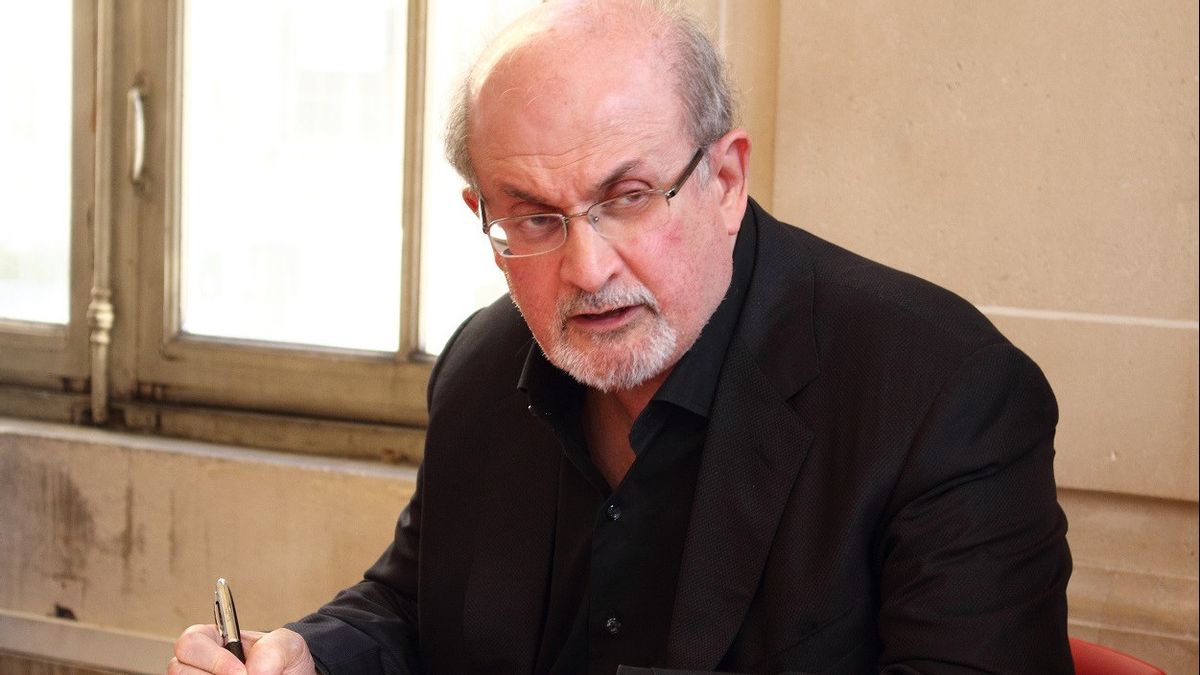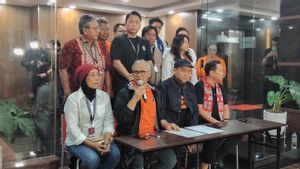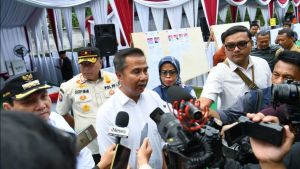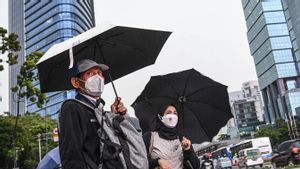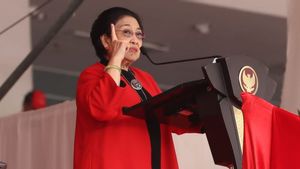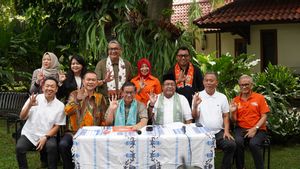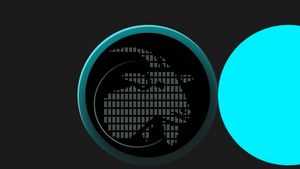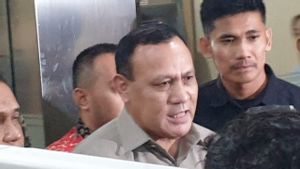JAKARTA - Tehran vehemently says neither side has the right to accuse them of being behind the attack on novelist Salman Rushdie, instead calling him and his supporters to blame.
In his first reaction to Friday's attack on the United States, Iranian Foreign Ministry spokesman Nasser Kanaani said freedom of speech did not justify Rushdie's contempt for religion.
It is known, his 1988 novel "The Satanic Verses" was seen as offensive to Muslims, because its contents mocked the Prophet Muhammad and other aspects of Islam.
"During the attack on Salman Rushdie, we did not consider anyone other than him and his supporters worthy of reproach, reproach and condemnation," Kanaani told a news conference.
"No one has the right to accuse Iran of this," he stressed.
Kanaani further said Rushdie had "exposed himself to the anger of the people by insulting the sanctity of Islam and crossing the red line of 1.5 billion Muslims."
He said Iran did not have any other information about the alleged assailant of the novelist except what appeared in the media.
Nonetheless, hardline Iranian state media outlets 'celebrated' with the headline, 'Satan has been blinded', while some Iranians voiced support online for the stabbing.
Following the publication of his controversial book, the following year, Iran's then Supreme Leader, Ayatollah Ruhollah Khomeini issued a fatwa, or decree, calling on Muslims to sentence the novelist and anyone else involved in the publication to death.
The Iranian government said in 1998 it would no longer support the fatwa.
But in 2019, Twitter suspended the account of Iran's Supreme Leader Ayatollah Ali Khamenei over a tweet saying that the fatwa against Rushdie was 'solid and irrevocable'.
As previously reported, the condition of Salman Rushdie, the well-known writer who was stabbed repeatedly in New York, United States last Friday, is gradually improving and is no longer on a ventilator, said the agent and his son.
The stabbing suspect, Hadi Matar of Fairview, New Jersey, pleaded not guilty to charges of attempted second-degree murder and second-degree assault, at a court appearance on Saturday, lawyer Nathaniel Barone said.
Rushdie was stabbed 10 times, prosecutors said during Matar's indictment, according to the New York Times.
An initial law enforcement review of Matar's social media accounts showed he was sympathetic to Shia extremism and Iran's Islamic Revolutionary Guard Corps (IRGC), according to NBC New York. The IRGC has been accused by Washington of carrying out a global extremist campaign.
Matar is the son of a man from Yaroun in southern Lebanon, according to Ali Tehfe, the mayor of Yaroun. Matar's parents emigrated to the United States, where he was born and raised, the mayor said, adding he had no information about their political views.
The Iran-backed armed group Hezbollah wields significant influence in Yaroun, where posters of Khomeini and slain IRGC commander Qassem Soleimani, who was killed by a US drone strike in 2020, adorn the walls there.
A Hezbollah official told Reuters on Saturday the group had no additional information about the attack on Rushdie.
The English, Chinese, Japanese, Arabic, and French versions are automatically generated by the AI. So there may still be inaccuracies in translating, please always see Indonesian as our main language. (system supported by DigitalSiber.id)
